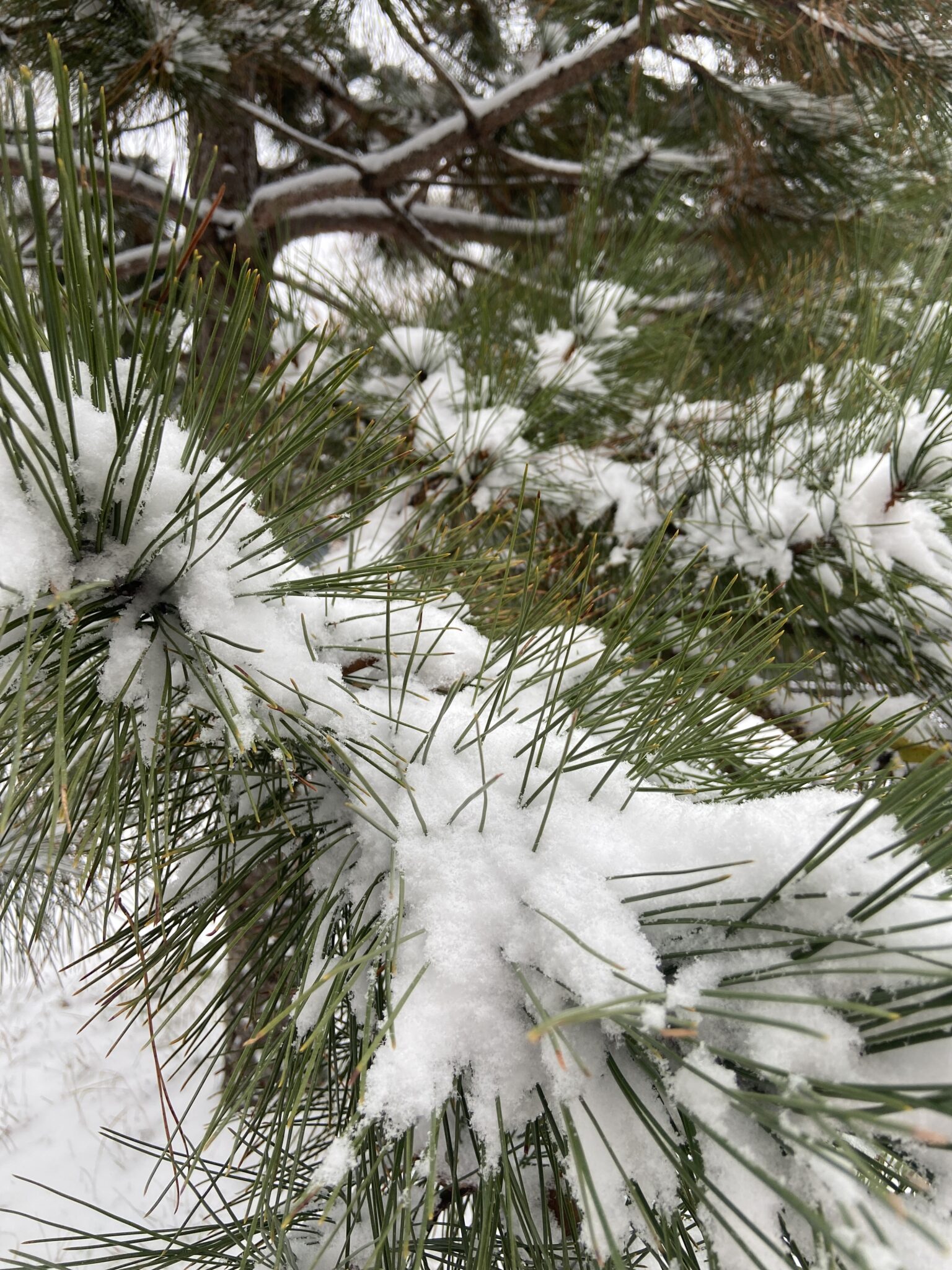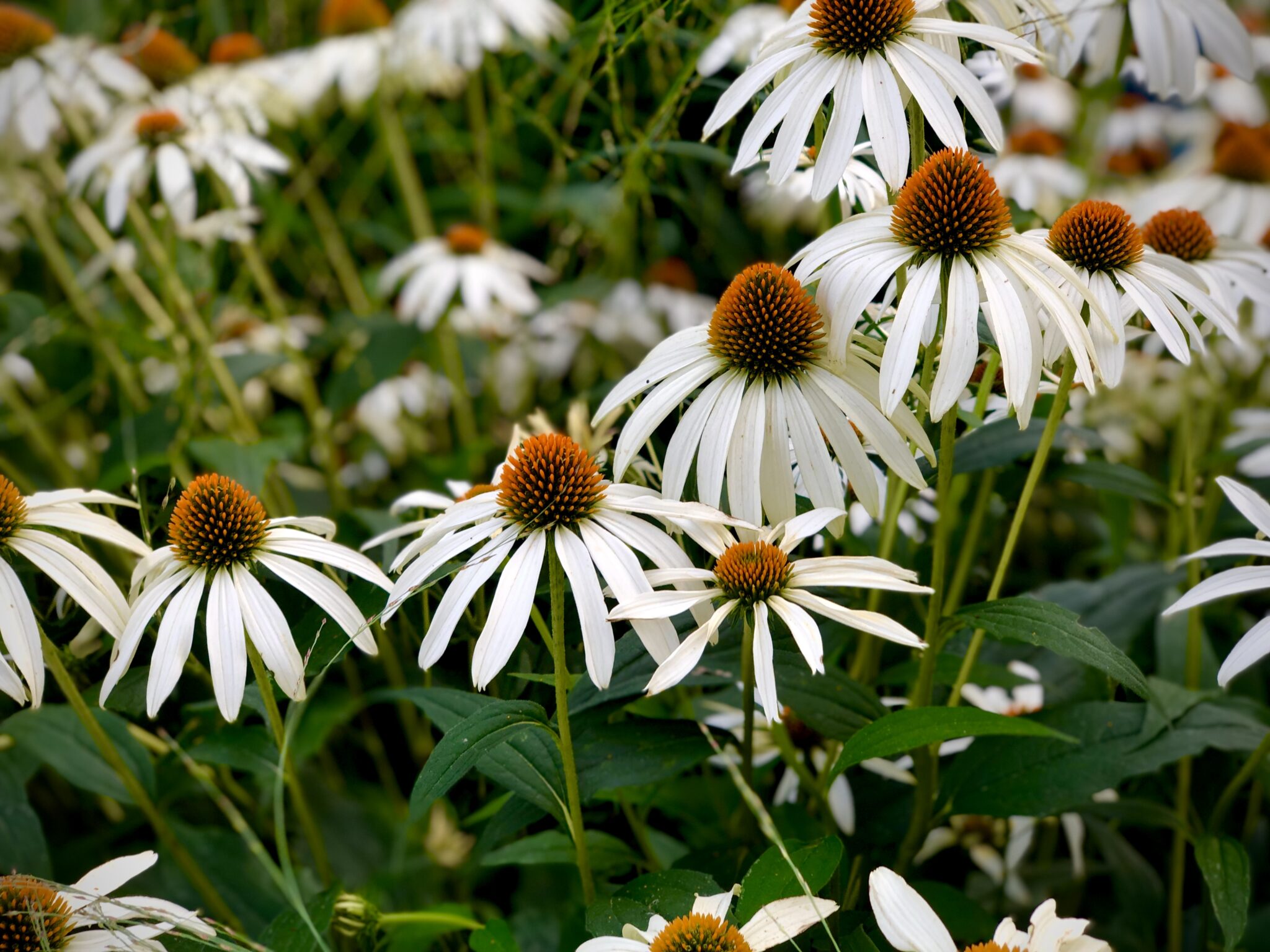Posts Tagged ‘trauma’
Calls to Care, Calls to Action: Bearing Witness to Global Catastrophic Loss of Life and Traumatic Events
By Jessica Milette, MSW/RSW
Human beings are wired for connection. Many of life’s most difficult experiences leave us feeling isolated, and connection can be a healing path. Currently, many of us are watching intense acts of genocide and death occurring internationally literally at our fingertips.
Why are our hearts tearing open at the witnessing of this pain? Why do we feel so helpless while we bear witness to pain and loss on massive levels that we may not feel entitled to experience because we are not directly impacted by these events?
In the words of a Jewish text, the Pirkei Avot “Do not be daunted by the enormity of the world’s grief. You are not obligated to complete the work, but neither are you free to abandon it.” And currently, there is so much grief in the world. Coming together in grief can be healing and a call for action to demand change in the face of oppression and genocide.
We bear witness to stories of mass loss of lives, stories of families in Gaza being forced from their land, loss of culture and traditions, and countless other ways systems of colonization and oppression can contribute to other non-death losses those who are directly affected currently and have historically faced. As we discussed in a previous article, we can also experience collective grief following natural disasters, accidents, international conflict, and acts of violence that have resulted in catastrophic loss of lives.
Loss also recognizes loss: hearing about international events that have resulted in the loss of lives, may have us thinking about our own losses in our lives. Depending on where we were born, the identities we hold, and how we move through our society can also impact our experiences of loss. We may be experiencing fear not knowing someone we love is alive who lives in an affected area. We may have experienced diaspora, and our communities in our home country are victims of violence. We can also feel grief deeply if we do not have a direct connection through our identities to those more directly impacted by the loss. Human beings are wired for connection and empathy – we hurt when we see hurt.
Some calls to care for when we experience collective grief:
– Being mindful of how much content you are consuming. It’s okay to step back or limit the types of information we choose to process. Perhaps reading articles from those who are directly impacted by these events feels more accessible than watching video coverage which can be graphic.
– Tend to your heart and body: the experience of grief can be demanding on our minds and bodies. Take time to rest, hydrate, and nourish yourself in healing ways. Caring for ourselves gives us more capacity to provide care to others we are in community with.
– Acknowledge your feelings. You may be feeling deep grief, despair, anger. It may feel easier to shut down these feelings, turn off our news feeds and burrow into our covers. But it is important that we give ourselves permission to feel and express our collective grief.
– Remember, POUR IN and DUMP OUT. Pour in support to those in your life who may be more directly impacted by these losses. Dump out your own grief to those who are not as directly impacted compared to your own positionality to these events.
– Grief AND joy can coexist. We can hold space to process our feelings of grief while also remaining open to experiences of lightness and joy.
– Share and express your feelings of grief with a supportive other. What types of support are most helpful to you when you have experienced grief?
There is power and healing in community. Collective action in moments of collective grief history have exposed injustice, and demanded action. We may also feel fatigued by the sheer volume of loss we are witnessing. When we feel fatigued, it can be easy to turn away and tell ourselves “this isn’t about me”. Turning away from these moments in history actually further silences those who are facing oppression, marginalization, and loss on a grand scale. Collective grief invites us an opportunity to gather collectively as a community to offer support, heal, and advocate.
Engage how you can. Everyone’s capacities will be different, and each of these things can help change our perspectives or ask for change:
– Learning and UnLearning about the topic
– Gathering in community through teach-ins, demonstrations, community vigils, or protests
– Create space for joy as we call for action. Could you host a movie night where you and supportive others write to local governmental representatives? Have a craft night to make signs for a local demonstration.
– Reflecting on our own experiences from a lens of critical self-reflexivity.
– Holding space for difficult conversations with loved ones
– Being critical as we read information – whose story is being centered, where is this source from
– How could I use the privilege(s) I have to amplify marginalized voices in this space?
Unlearning is uncomfortable. It asks us to sit and critically examine how our identities shape our view of the world. Taking stock of how your privileges or silence may have made you complicit in moments of oppression and marginalization. It may challenge your entire worldview. These things are uncomfortable. Discomfort is not a “bad” feeling – it is something that is uncomfortable to sit with. But sitting with our discomfort and increasing our tolerance to hold these uncomfortable feelings as we unlearn is part of this work. And it is so needed. We all have gifts of the head, heart, and hands we can lean on in times of collective grief, and in times we demand collective change.
What Can Help with Early Traumatic Grief?
By Claire Irwin
When your child dies you are thrown into a nightmare. None of this is expected to be easy.
Even after several months, it still isn’t. There have been some things that have helped us during
our grief. Maybe they will help you, too.
1. Let someone organize a meal train. The community rallied, making sure we had meals
delivered to our home for weeks after our daughter died. I have zero idea what we would have
done without this. Right after this traumatic loss I couldn’t even think about eating, let alone
cooking and meal planning.
2. Grief counselling. Our counsellor comes every week since the second day. Some may not agree, but honestly, we have learned some great survival tools and have our feelings validated.
To be able to talk about it all in a safe environment is very helpful, and just talking about
everything helps.
3. Find something to keep you busy. Mind you, we haven’t found our way to any gym yet or back to work, but we find other ways to move our bodies. Gardening, cutting grass, walks,
landscaping, anything really to get our bodies moving has really helped us.
4. Try journaling. I wish I started this earlier. If you can find it in you to do it, I recommend it. For me personally, it helps get whatever is in my head out on paper. I document how I’m feeling. I also get my anger out on paper too. I’ve been learning that you can let it build up inside of you. This energy needs to get out. I find writing very helpful for me. I journal daily. Plus, it helps me keep my days in order because they tend to blend.
5. Let your support system hold you. This has been a huge help. I don’t know where I would be today if I didn’t have the people closest to us. Lean into them and let them help. Use them as sounding boards. Whatever it is you need, if they are willing and able to be there for you, let
them. It’s not easy asking for help or accepting it, but it’s helped us feel loved and seen. It’s also
helped us back on our feet a bit.
At the core of it all, just remembering to breathe is sometimes all you can do. Something our
grief counsellor has taught us right from the very beginning:
Inhale 4 seconds…Hold 7 seconds…Exhale 8 seconds. Repeat as needed.
Like I said, surviving this grief and trauma isn’t easy, and it doesn’t come with a handbook. We
are all just doing the best we can, and it’s sucks all at the same time. Our loss cannot be fixed, it
can only be carried, and these are some of the things helping us to carry it now.
Joyce – My Story
Joyce – My Story
Joyce shares her story about the sudden death of her son in an accident and how she has coped by helping others in need
Joyce – When you are a mother who loses a child
Joyce – When you are a mother who loses a child
Joyce shares about how she has felt as a mother who lost a child
Beauty found at the edges: a portrait of community support
By Meghan Sheffield
In the first days of July, there aren’t many flowers blooming, I learned.
I’d sent a text saying “Hello friends, I’m putting out a call for flowers. I went to public school with Kory, the young man who died in downtown Cobourg this week, and though I hadn’t seen him in recent years, I feel the loss of him on a community level, as I imagine you do, too. Some of Kory’s people are gathering tonight in vigil at the bank where he died, and I’m gathering flowers from those of us who have gardens to share with this grieving community. Do you have some blooms in your garden that you’d be willing to share?”
Kory died as a result of a toxic drug poisoning that took his life in the bank vestibule where he was sheltering. His friends were grieving, angry, disbelieving. The wider community was in shock that this could happen here, in such an ordinary place, to a local boy, born and raised.
Those who knew him best, who had been with him in what became his last days and months, began to talk about holding a vigil, a time and place to be together in their grief.
As it turned out, the tulips and peonies had faded and finished, and the dahlias and zinnias hadn’t begun to flourish yet. I got some nervous replies about the current state of the garden. A mom from my daughter’s class texted to say that they were sorry, but just didn’t really have much to offer right now.
Then the first yes rolled in. “Yes, I will pull something together. We have one million daisies.”
A man’s whole life. One million daisies.
As it turned out, there was an abundance to be had, if you knew where to look, if we just widened the margins of “the garden” and looked to the edges of the wild places.
We know that trauma of all kinds is inequitably distributed in our society, and that access to healing resources is even more inequitable. For community members who rely on a prohibited, criminalized supply of certain substances, the experience is not just a risk of personal harm, but of compounding losses and grief. It means mourning in isolation because the cause of death is so stigmatized. It means administering life-saving medicine and performing chest compressions in the glow of flashing lights, while still in mourning for the most recent loss.
I spent an hour driving around, picking up mason jars filled with blooms from doorsteps all over town. There were daylilies and hydrangea, wild vetch and bladderwort, fragrant bee balm and holy basil, and yes, one million daisies.
At the vigil, the jars of flowers were joined by an eagle feather and abalone shell, offerings of cigarettes, and a can of Molson resting on the window sill outside the bank. Candles were lit, stories were told, tears were shed.
Those of us who didn’t know Kory well, who were present to show our support, to acknowledge the community and systemic level failures that had led us to this place, were invited to hold a perimeter of care for those in the centre, who were grieving, by standing at the edges of the gathering.
For days after the sunset vigil, at the doorstep of an ordinary bank, flowers bloomed on the grey cement sidewalk on main street. Wild, fleeting, beauty.
Shannon – Hope for Healing
Shannon – Hope for Healing
Shannon shares about losing her husband to suicide, her parents and her father-in-law. She felt broken and to be able to take care of her kids and her self seemed overwhelming. It took someone telling her that you can heal from trauma to give her hope for healing.
Shannon – Guilt vs Shame
Shannon – Guilt vs Shame
Shannon talks about guilt can be a part of the grieving process but shame has to do with “is there something wrong with me”
Shannon – Blessings and sadness
Shannon – Blessings and sadness
Shannon discusses how just showing up, being present is a powerful way of supporting to someone who has lost. Listen more – talk less.
Shannon – Power of Presence
Shannon – Power of Presence
Shannon discusses how just showing up, being present is a powerful way of supporting to someone who has lost. Listen more – talk less.
Shannon – Enough
Shannon – Enough
Shannon talks about us all doing the very best we can from the perspectives of a licensed clinical counselor and losing her husband to suicide.
John Martin – Recognize What Your Loss Means For You Now And In The Future
John Martin – Recognize What Your Loss Means For You Now And In The Future
John discusses what comes next after initial shock
John Martin – The Shocking Reality of Painful Loss
John Martin – The Shocking Reality of Painful Loss
John talks about shock and grief



